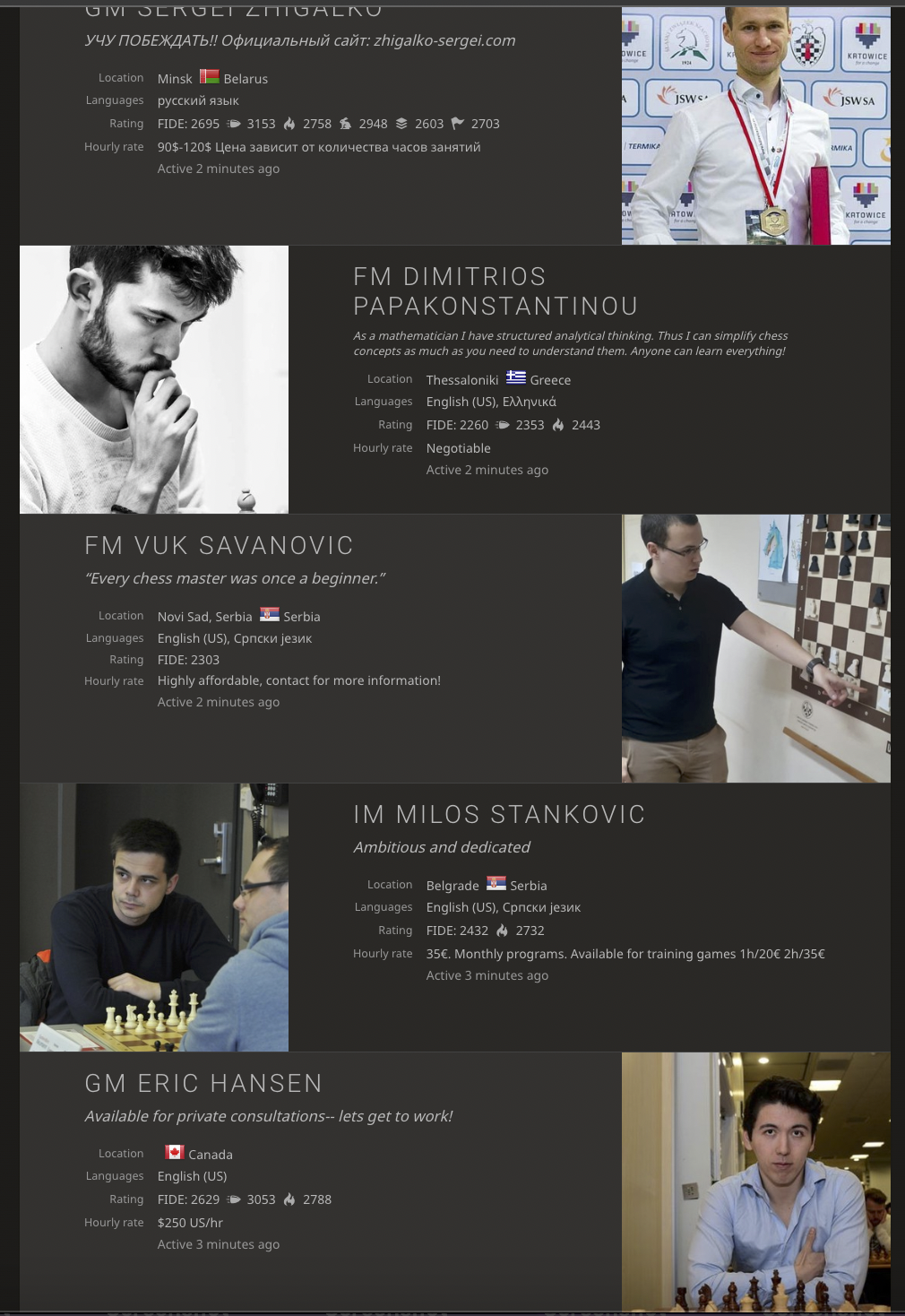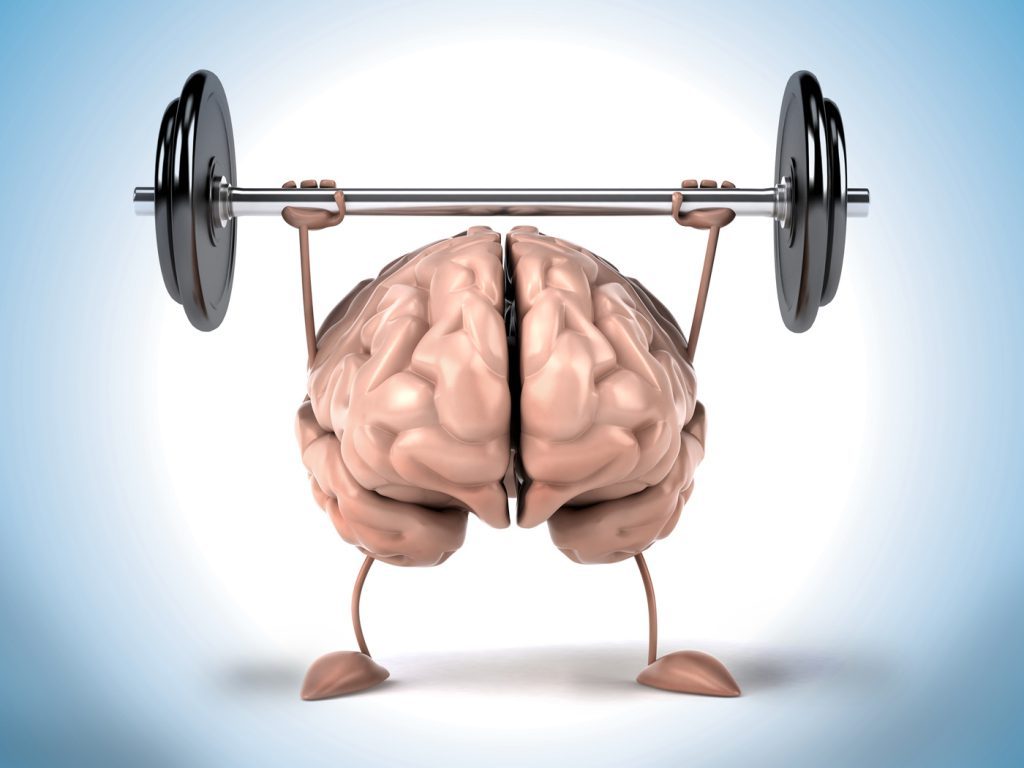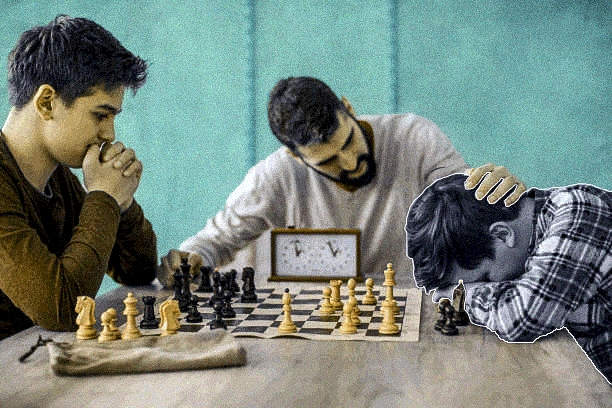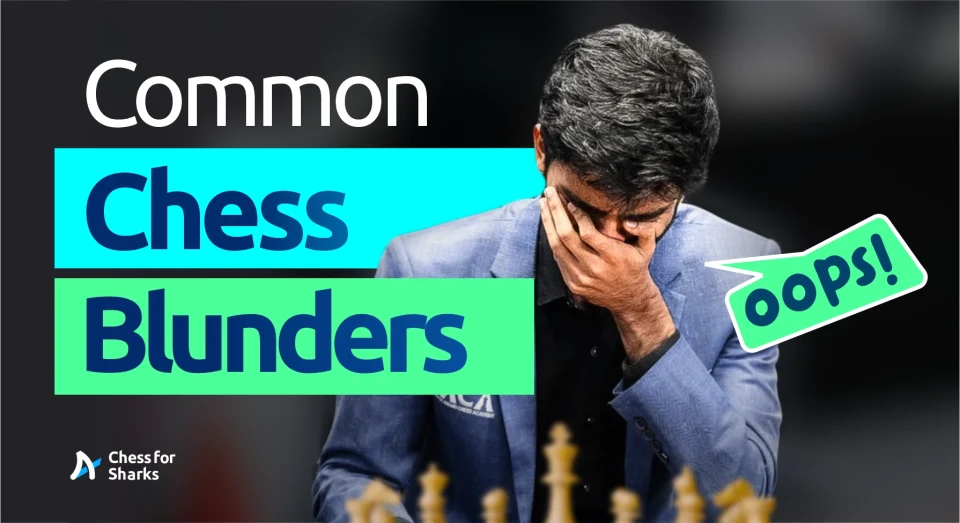Is it taking you forever to really get a grip of chess? After several months or years of playing, you still SUCK.
You’ve either improved by a tiny margin in years, stayed stagnant, or have even gotten worse.
What the heck is going wrong?
It’s time to get your question answered.
Possible Reasons Why You Are Bad At Chess
1. Lack of Proper Training
So, you successfully learned how to move the pieces, and you’ve been playing non-stop since then.
You’re likely to be bad at chess if that’s the case. No one becomes a decent chess player without some proper training.
Like any skill, chess requires time and effort to master. It is important to set aside time regularly to train, whether it be against a computer, a friend, or by solving puzzles and studying tactics.
Chess is learned faster when you train rather than when you play.
2. Bad Conditions and Negative Mindset
Chess is a game that requires maximum concentration. Several factors can cause distractions to a player tussling on the board.
Pungent smells, a noisy environment, and an environment with unusual temperatures are factors that can affect one’s playing.
Other overlooked conditions like an overburdened mind, a tired body, and a hungry stomach can contribute to your poor chess playing style.
Another factor that can impact your chess performance is your mindset. If you are feeling anxious or stressed while playing, it can be difficult to concentrate and make good decisions.
It’s important to try to relax and stay focused, and to remember that chess is just a game. It’s also helpful to set realistic goals for yourself and to celebrate your victories, no matter how small.
3. Playing Opponents Who are Too Strong or Too Weak
You might also be struggling with chess because you are not playing opponents who are at your level.
If you are consistently facing opponents who are much stronger than you, it can be difficult to make progress and feel confident in your skills.
On the other hand, if you are always playing against opponents who are much weaker than you, you may not be challenged enough to truly improve.
It’s important to find a balance and try to play against opponents who are at or slightly above your current skill level.
4. Low IQ
IQ is a measure of one’s cognitive capabilities, which includes the ability to think and calculate. For example, chess which relies largely on thinking, depends on IQ.
Don’t worry, there’s little you can do to define your IQ but there might be some ways to train your IQ. Taking time to effectively improve your chess skill is one of them.
Having a low IQ could hinder your ability to calculate combinations, develop strategies, and implement tactics.
How You Can Get Better
1. Train Effectively
A study has proved that people learn more when they study chess than when they play all the time.
Suppose you’re a chess lover who is already fascinated by chess. In that case, you’d certainly prefer to win on most occasions, if not all.
You must improve to an extremely high percentile to be a serial winner. To improve greatly, you must train and study chess more than you play.
The following resources can help train you in chess:
- Chess Books
- Chess Engines
- Chess Apps and Software
- Chess Videos
- Chess Puzzles and Problems
- Analyzing Your Past Games
- Chess Tutors
A. Chess Books
There are several chess books you can study to improve your playing ability. Some of the best books we recommend are:
- Bobby Fischer Teaches Chess by Bobby Fischer
- Think Like A Grandmaster by Alexander Kotov
- Logical Reasoning: Move By Move by Irving Chernev
B. Chess Engines
Chess engines show you the best moves you should make in certain positions.
If you’re not at an extremely high level in chess, you might struggle to understand why the chess engine recommended such moves.

This is why chess engines are most effective with a chess app/software or a strong chess coach.
Examples of some popular chess engines include:
- Stockfish
- Komodo
- Fat Fritz 2
- Rybka
C. Chess Apps and Software
As mentioned before, chess apps and software helps one understand WHY chess engines suggest certain moves.
Chess software and chess engines can be helpful tools for analyzing your games and finding ways to improve. Many programs offer features such as move analysis, training puzzles, and databases of grandmaster games.
These tools can be especially useful for identifying weaknesses in your play and finding ways for you to improve. Some of the best chess apps or software to consider are:
- Chess.com
- Aimchess.com
- Chessable.com
- Chess24.com
- Lichess.org
D. Chess Videos
This is one of the common ways to enjoy chess training.
We have some cool chess content creators that have sparked an improvement in many chess players. Some are:
- GMHikaru
- Agadmator
- GothamChess
- Eric Rosen, etc.
There are also instructive chess video courses on sites like iChess.net and chess24.com.
E. Chess Puzzles and Problems
Solving chess puzzles from time to time helps you see similar concepts in your future games, and of course, that’ll help sharpen your chess knowledge and skill.
F. Analyzing Your Past Games
When you lose a game, it is important to take the time to analyze what went wrong and what you could have done differently. This can help you identify weaknesses in your play and develop a plan for improvement.
G. Chess Tutors
You can get tutored in chess either virtually or physically. Sites like Lichess make it possible for you to get access to virtual coaching services.

If you prefer, you can physically seek a personal chess tutor or join a chess club.
2. Play in a Favorable Condition
You can’t play chess in a noisy environment and expect your concentration to be unhinged. So make sure the playing arena is not noisy, too hot, or too cold.
With maximum concentration and comfort, you’re bound to see the board better and make superior moves.
3. Train Your IQ

There isn’t much you can do to improve your IQ as its determinant is largely genetic, but study has shown that there are ways to boost your IQ.
Chess itself is a way, but you can resort to other means when chess isn’t doing the job.
The following ways help to improve one’s IQ:
- Getting enough sleep
- Playing instruments
- Reading
- Eating rich food
4. Study Chess Openings, Endgames, and Tactics
In addition to playing games, it’s also helpful to study chess openings, endgames, and tactics. This can help you to develop a deeper understanding of chess strategy and to improve your decision-making skills.
There are many books, online resources, and videos available that can help you learn more about these topics.
5. Be Patient and Persevere
Improving at chess takes time and effort, and it is important to be patient and to focus on steady, incremental improvement.
Don’t get discouraged if you don’t see immediate results – it takes time to develop your skills and to become a better chess player.







join the conversation